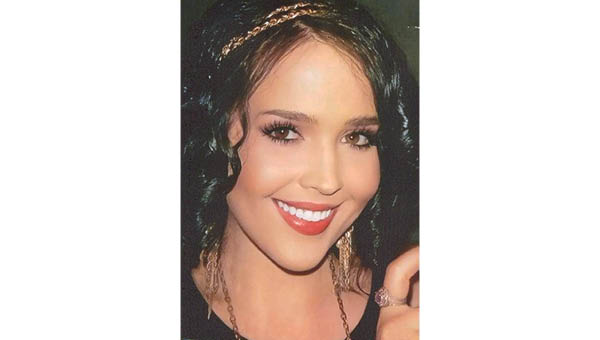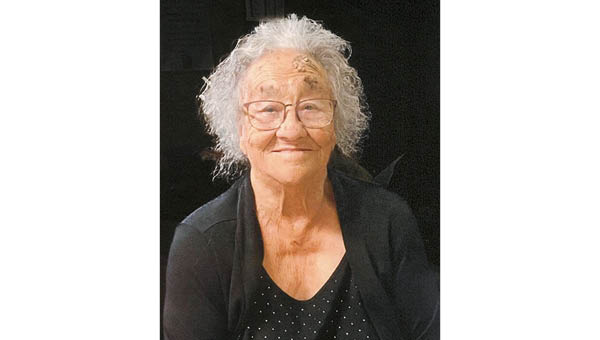That Burns My Biscuits!
Published 8:57 am Tuesday, February 4, 2020
Brrr… I sure hope the old groundhog does not show his shadow on Feb. 2. We haven’t seen much of winter, but I am tired of it already. I would guess that many of you are too. But, like my Mamma used to say, “Don’t complain about what the Good Lord gives you.” I guess we must be happy with what we get when it comes to seasons.
We are following up on last week’s subject, What Not to Say to People With Disabilities. We mentioned the word suffer in last week’s column. Many, especially those in the news media, are fond of saying that someone with a disability they are reporting about “suffers from” or is “a victim of” something. I once had a friend who happened to have severe cerebral palsy who raved every time he heard these words; he would say, “Do I look like I’m suffering?” and “I am NOT a victim of anything!” He was a person who had cerebral palsy and used a wheelchair, but, trust me, he was not a sufferer or a victim. He was instrumental in getting accessible sidewalks built on Woodland Ave. in Knoxville. He was on the board of directors of The Disability Resource Center in Knoxville. He was also a board member of where I worked and was my boss. Does this man sound like he was helpless to control his life? Certainly not! He was very smart and productive in his life, hardly a victim or a sufferer!
We must always to remember to put the PERSON first when talking to or about someone with a disability. Notice how I always refer to someone with a disability as “a person with a disability” or a “person with Down syndrome” or “someone who is autistic or has autism.” I have heard this one too many times; someone calling a person a “Downs” or an “Autistic.” Call people only by their names because they ARE defined by their name and not by their disability.
People with disabilities do not like to be categorized in a group; when we say “the disabled” or “the handicapped” we are doing just that. And FYI, handicapped is a word that derived from people begging, holding out their caps in their hands for others to put money in and those with disabilities do not want to bring up that image in anyone’s mind because it has not been true in many years. Many people with disabilities are self-reliant and successful these days and we want others to know it and accept it.
The word “pity” comes to mind as a negative reaction about those with disabilities. No one wants to be pitied or felt sorry for because of their disability. They are like you and me; wanting to be recognized for positive things they have done or said or not recognized at all. They want jobs, homes, spouses, children, respect, don’t we all want that? We all have to work for these things, including those who are different from others.
Last, talk directly to people with disabilities. No one likes it when you talk to others about them like they’re not there. My Uncle Joe, who had Down Syndrome, and I often ate out together. When a server would ask me what he wanted, I would say gently, “Ask him, he knows more about what he wants to eat more than I do.” If he needed help making them understand him, then he would turn to me to interpret for them. So, only talk for someone who asks you to.
I hope these few tips will help you communicate more positively with those with disabilities whom you may encounter. Just remember PEOPLE FIRST language and use it.
You are in my prayers,
E.J.





